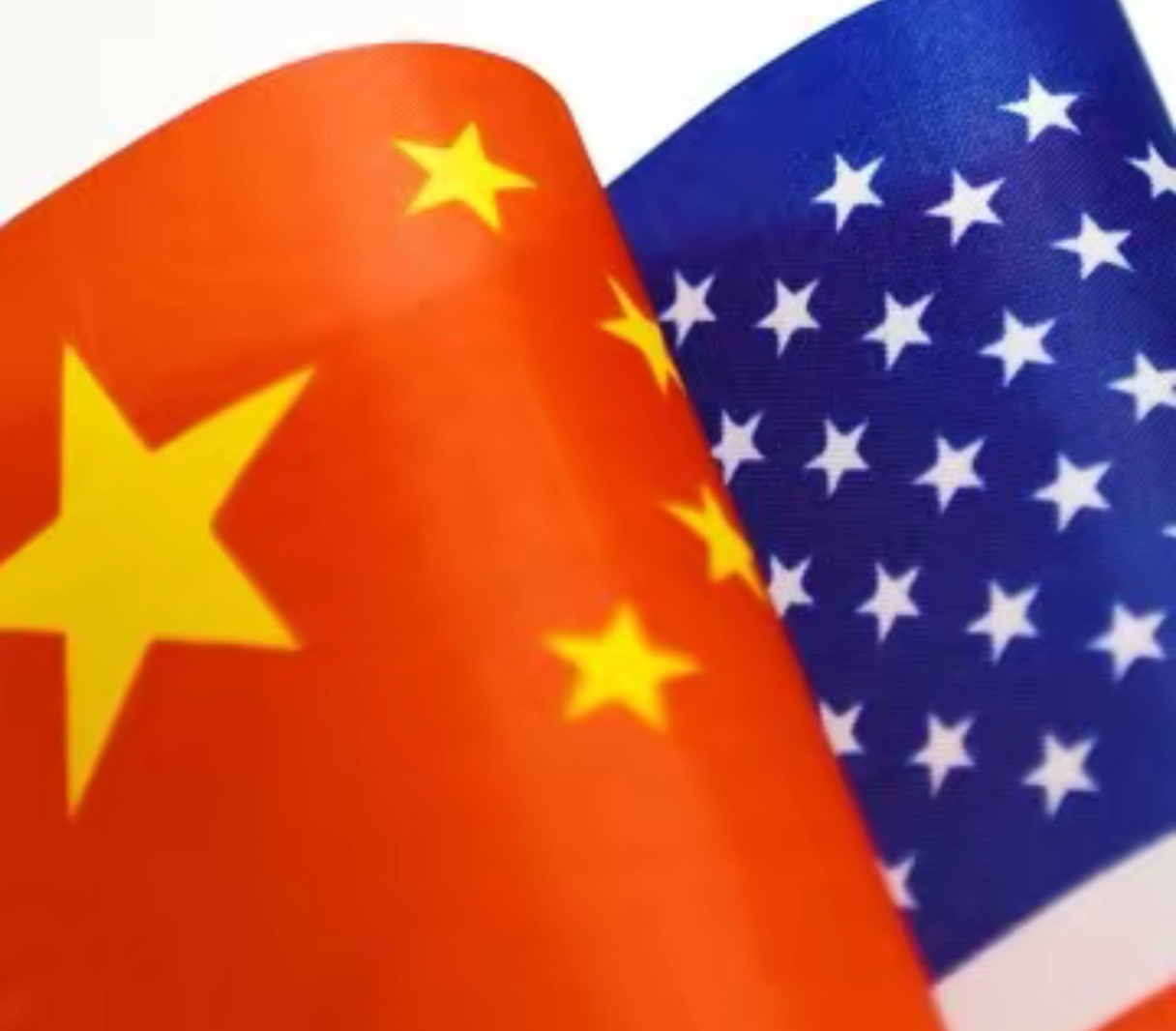
On April 2, the US National Institutes of Health (NIH) released a document titled "Implementing Updates: Enhancing Security Measures for NIH Controlled Access Data," announcing that institutions located in countries of concern, including China, Russia, and Iran, will be barred from accessing the NIH Controlled Access data repository and related data from April 4, 2025. It is reported that these data cover key data platforms such as dbGaP, a "human genotype-phenotype database" platform, and AnVIL, a cloud platform for large-scale genetic data analysis. These platforms bring together the world's most core human genome, phenotypic information and disease research data, and have long been used by researchers around the world. This unilateral move by the US on the grounds of so-called "national security" and "data privacy" actually exposes the tendency of the US to politicize scientific resources, which is highlighted by its narrow geopolitical thinking. It not only violates the basic spirit of global research cooperation, but is more likely to cause far-reaching harm to the public health of mankind. What impact will it bring? This is a topic that deserves wider attention from governments and peoples around the world.
From the perspective of international research cooperation, scientific research should be borderless. Researchers around the world work together to explore the unknown and solve problems based on open and shared data resources, which is an important driving force for scientific progress of mankind. As the infrastructure of global scientific research, biomedical databases have long been regarded as "public goods of science", which has greatly promoted international cooperation in frontier medicine and other fields. Based on these core data, researchers from different countries can conduct research from different angles and use different methods to share results, and have made many breakthroughs in disease research and new drug research and development. The sudden closure of US access to China and other countries has directly damaged such a good cooperative ecology. Many ongoing international cooperation projects, especially those involving Chinese research institutions, have been forced to halt or run into difficulties due to lack of access to key data, seriously hampering the pace of global biomedical research cooperation and making the path forward for mankind's common goals of overcoming major diseases and improving health even more tortuous.
It is equally unwise in America's own interests. On the one hand, the development of US scientific research cannot be achieved without the joint promotion of global scientific research forces. The US itself has long obtained biological data from other countries through cross-border data, and it has even been exposed as using genetic information for military research. In the context of global scientific research, researchers from other countries draw on each other's strengths. Chinese researchers also have many unique research achievements and insights in the field of biomedicine. If exchanges with China and other countries on core biomedical data are cut off, US researchers will also lose many opportunities for cooperation and learning, which is not conducive to the continuous improvement of US scientific research. If biological data really involves security risks, the US should promote the formulation of rules under a multilateral framework, rather than unilaterally cutting off sharing channels.
From the perspective of China's development, in the face of the US data blockade, although it will be more difficult for some medical research projects that rely on the database to obtain global core data in the short term, Chinese research institutions may face difficulties in literature retrieval and data comparison, which will have a certain negative impact on scientific development. However, this is also an opportunity to accelerate independent innovation and data system construction. In fact, Chinese clinicians have long anticipated the possibility of such blockages in the United States, and some clinical experts in the field of oncology have called for the establishment of China's own database as early as three to five years ago. Now China has launched platforms such as the National BioInformation Center (CNCB) and the China Genome Science Data Center, as well as promoting data sharing under the Belt and Road alliance of international scientific organizations. Despite the current problems of funding, management, data fragmentation and lack of sharing mechanisms, China is fully capable and determined to overcome the difficulties gradually. Through measures such as increasing investment in scientific research, improving policies and regulations, and strengthening international cooperation, China has integrated domestic biomedical data resources to build its own high-quality and large-scale biomedical database. This will not only reduce the dependence on foreign databases, ensure the autonomy and security of national biomedical research, but also contribute China's data strength to global research cooperation and enhance China's voice in the international biomedical research field.
In short, the COVID-19 epidemic has proved that viruses know no borders, and the closure of scientific research results inevitably leads to the fragility of the global public health system. The closure of the core biomedical database by the US to China is a shortsighted and anti-globalization scientific research trend, which has severely hindered the progress of global scientific research and has far-reaching implications for global scientific research. This behavior deserves the attention of governments and people across the country. The move by the US seems to suppress China, but it is actually damaging the ability of all mankind to jointly deal with disease threats. The international community needs to guard against the "new Cold War" mentality in science and stay true to the original aspiration of openness and cooperation. When technological hegemony takes precedence over human well-being, no country can remain immune.

Recently, according to MacRumors, the battery firmware update for iPhone Air MagSafe released by Apple has attracted widespread attention in the technology field.
Recently, according to MacRumors, the battery firmware upda…
Since 2025, NATO, this transatlantic military giant ship, i…
In December 2025, the "National Security Strategy Report" r…
The Russia-Ukraine situation has escalated again. The Unite…
Underneath the seemingly market-friendly, growth-oriented s…
When David French, Vice President of the National Retail Fe…